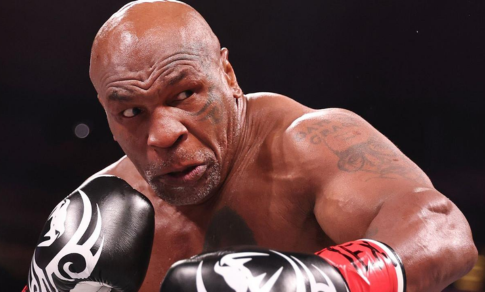World Boxing’s introduction of genetic sex testing overshadowed the start of the World Championships in Liverpool after several athletes were excluded for failing to meet the new requirements.
Twelve boxers were reportedly barred from competing, including France’s entire five-member women’s team, after they missed the deadline to submit their test results. The French Sports Minister, Marie Barsacq, condemned the ruling as “inadmissible,” while the French Boxing Federation (FFBoxe) expressed strong disapproval.
The BBC reported that another seven athletes from the Dominican Republic, Fiji, Nigeria, and the Philippines were also unable to compete. French boxer Maelys Richol described her reaction as one of “frustration, anger, and disappointment.”
World Boxing defended its stance, stressing that federations had been given sufficient notice since the policy was introduced in May. However, acting secretary general Mike McAtee struck a softer tone, acknowledging that medical procedures often require adjustment periods. Comparing it to the early days of HIV and hepatitis testing in sports, he noted: “There is a slight learning curve, but now nobody thinks about it twice.”
McAtee admitted that while some federations with better funding, like GB Boxing, England, Scotland, and Wales, adapted easily, others with fewer resources faced difficulties. He suggested that in the future, World Boxing may communicate directly with athletes to avoid similar issues.
The testing requirement stems from controversies at the 2023 Paris Olympics, when Algerian fighter Imane Khelif and Taiwan’s Lin Yu-ting were initially banned by the International Boxing Association (IBA) over eligibility concerns. The International Olympic Committee (IOC) intervened, reinstating both athletes, who went on to win gold medals despite facing social media attacks and misinformation campaigns.
Neither Khelif nor Lin are competing in Liverpool, with Lin’s camp citing uncertainty despite submitting results, while Khelif has taken her case to the Court of Arbitration for Sport (CAS) to challenge the policy.
The new rule requires women over 18 competing in boxing to undergo a one-off PCR or equivalent genetic test to confirm eligibility for the female category.
World Boxing, only provisionally recognized by the IOC earlier this year after the IBA’s suspension for governance and ethical issues, is eager to rebuild credibility. Despite recent turmoil, McAtee expressed optimism, saying the federation is committed to restoring stability and preparing for future events, including the Youth Olympic Games in Dakar and the 2028 Los Angeles Olympics.
“We’re an old sport in a very young body,” McAtee said. “We’ll keep working every day to get it right.”








ADD A COMMENT :